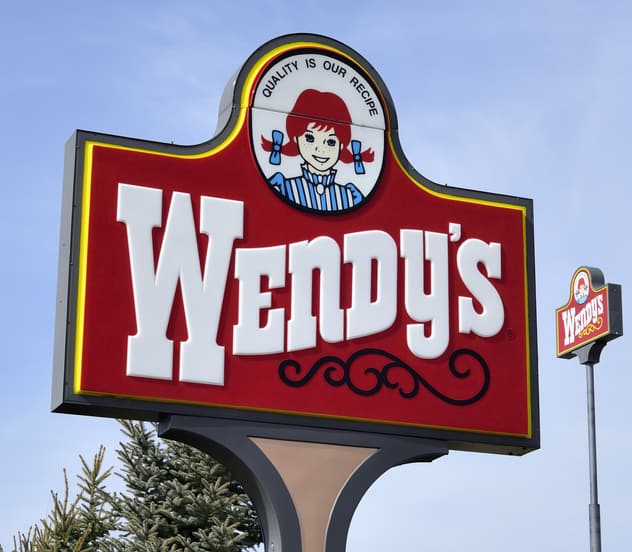
How Wendy’s QSCC Mitigates Risk With Analytics
- Analytics
- Blog
- HoReCa
REV It Up: A Procurement Podcast Series with Procurious
In this blog series, powered by Procurious, Philip Ideson sits down with speakers from JAGGAER’s REV2018 conference to discuss the latest trends in procurement and what the future holds.
A conversation with Lori Hale
Reducing Risk in the Supply Chain
Q. For context, can you explain a little bit about what Wendy’s Quality Supply Chain actually is?
Certainly. QSCC is the third-largest purchasing co-op in the food service industry. We support Wendy’s restaurant owners, over 6,100 restaurant locations across North America, which is US and Canada.
We’re owned and controlled by our company and franchise operators, including food, packaging and indirect, building materials and equipment, contract services, IT software, IT hardware, and IT services, along with distribution and logistics.
Q. Could you share a little bit about some of the key risks that you face and that every procurement team needs to face?
I think the risks that almost every procurement team faces are supplier related. It’s always difficult to find and qualify those suppliers that meet your supply requirements. It’s really important that you establish a relationship and manage those supply chain partners so that you work well together.
As you build those relationships it helps you manage the risk mitigation. It’s important that you manage your contracts and your compliance so that you don’t have any supply assurance issues.
One of the other major important risks that you need to manage is cost. Everything is about the dollar, whether that’s the absolute cost or volatility in the market.
Measuring the Impact of Intelligence
Q. I’m wondering if you can share some of the ways that you can really turn the procurement team into a group that is really proficient at gathering intelligence and turning it into action.
Sure. We do a lot of benchmarking. We use outside sources that help us collect that data and crunch those numbers. It’s hard to be an expert in everything. You have to be reliant on other sources that can help you make those decisions.
We look at best-in-class studies, we do strategic analysis, and we look at market trends and pricing to make sure that we understand where we are in relationship to those things. We also develop those relationships with our supply chain partners and use their resources to provide insights that are also actionable.
Q. I wonder how you approach reporting the value you bring to the business, and if there are any KPIs that you use, and how they’ve changed over time.
We, here at QSCC, do use KPIs to report our progress to the various facets of our company. Our KPIs and how we present them change dependent on our audience.
We direct our responses so that they have the most impact and meaning to our audience. Because our categories are so diverse and complex, you can get lost in the data. When you lose your audience, you lose your effectiveness and your impact and the understanding of what you do. They may end up not valuing what you do as much, because they don’t understand what you do and what you provide.
The Future of the Procurement Professional
Q. My last question today, Lori. I just wonder if, as procurement professionals, we need to be afraid of digital transformation and of technology and things like AI, or does the human element of what we do really bring something that’s irreplaceable.
I don’t believe that we need to be afraid of technology or digitization anytime in the near future. It must be integrated across all aspects of the supply chain before it can be fully utilized and begin replacing the human oversight.
The supply chain partners have to be willing and have the ability to participate. If I am AI-integrated, but my supplier is not, that flow of data back and forth can’t happen. It is also important that you understand the risks and the opportunity that come to bear when you are placing your trust in this autonomous world of data exchange.
I think maybe what we think of as traditional roles, whether it be a purchasing analyst or something, that are here in today’s world, in the future, the nature of the job may change. The job has to change with the times.
You think of the auto mechanic industry. You had the backyard mechanic that could take a wrench and a screwdriver and fix a car, but now he has to go to school, get a 4-year degree. Just the nature of the job has changed and roles and responsibilities of that job.
Bio
Lori Hale is a Senior Product Analyst at QSCC. She is responsible for the growth, development, and expansion of eSourcing.